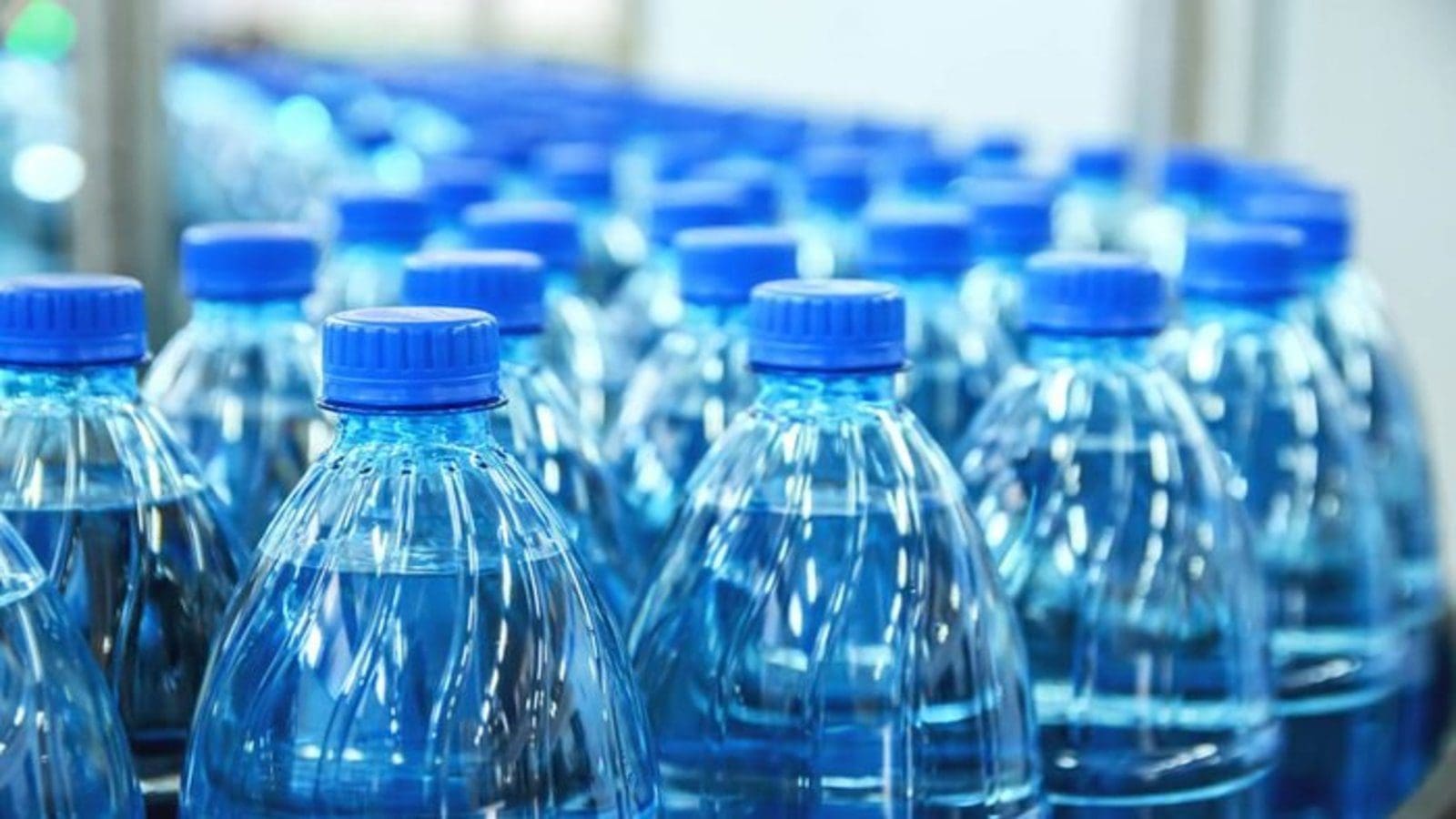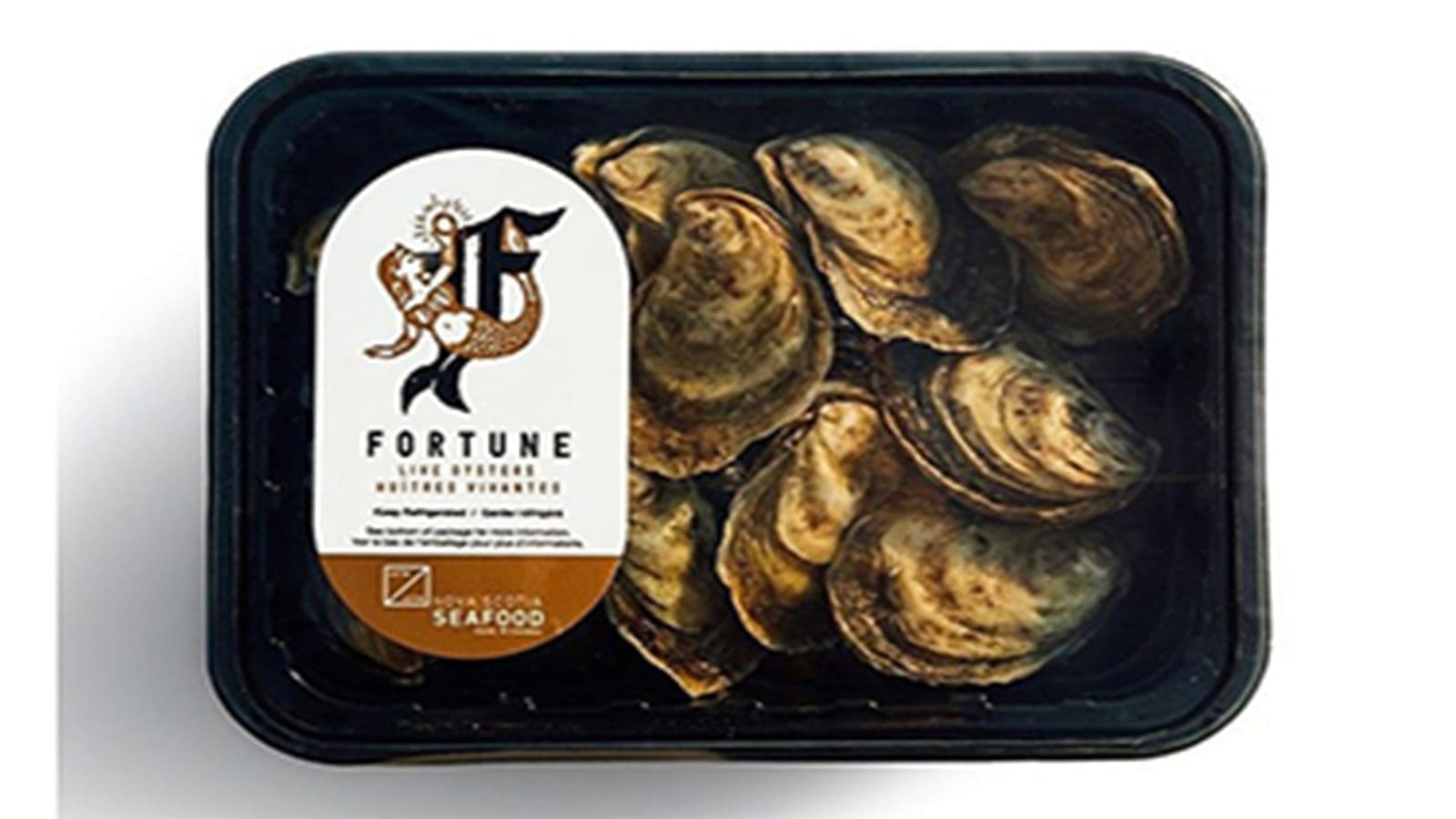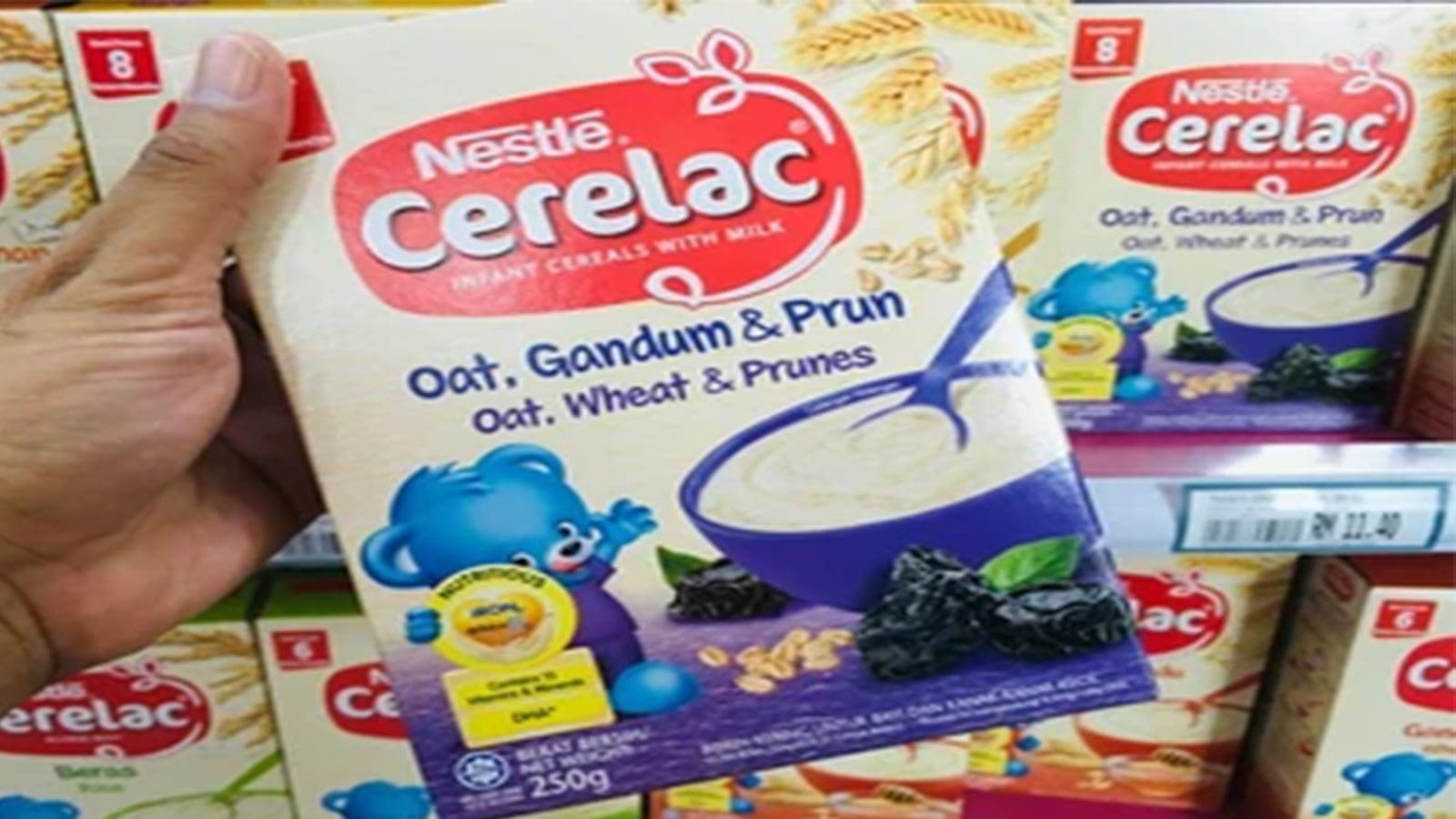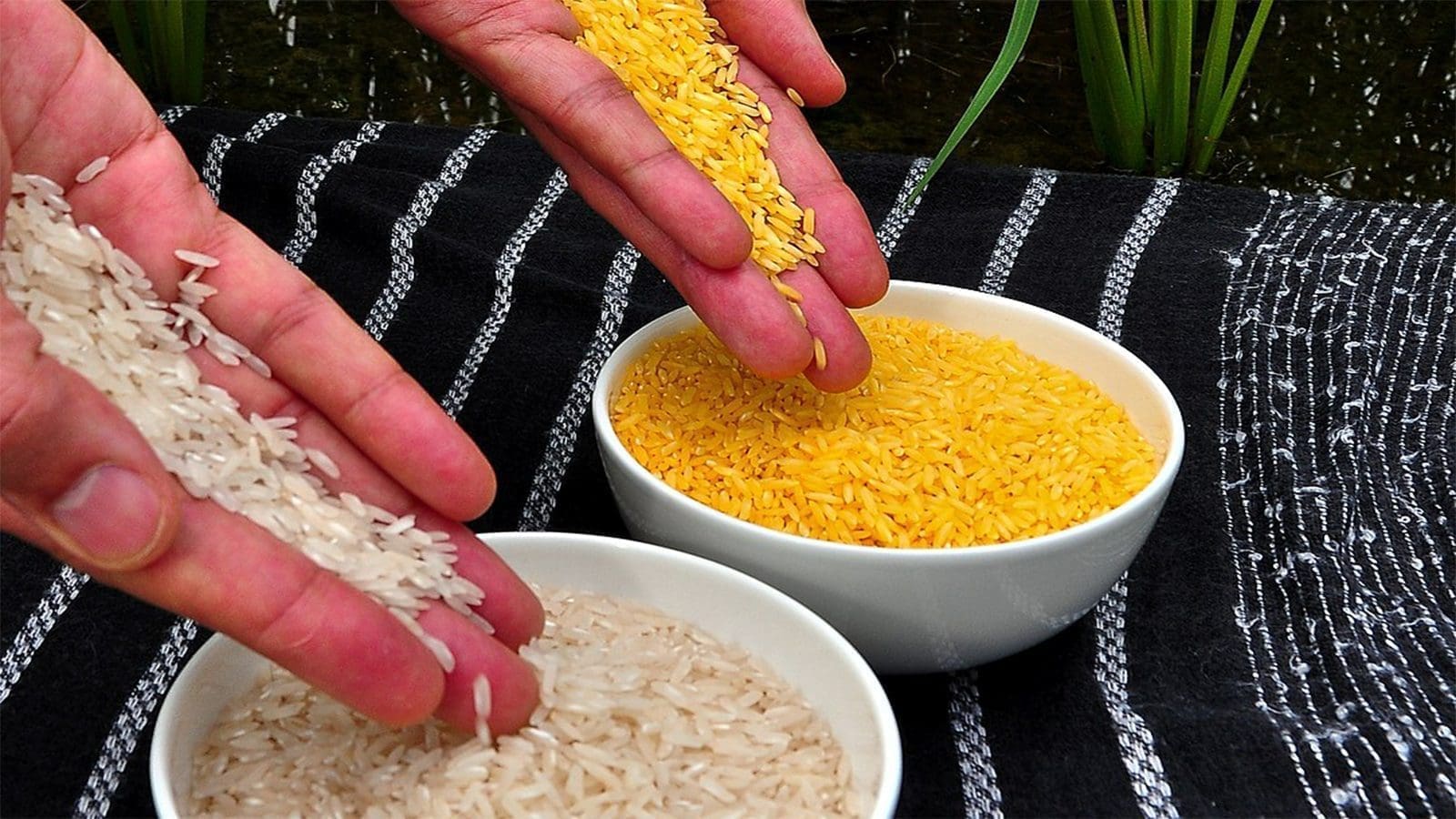NIGERIA – The National Agency for Food and Drug Administration and Control (NAFDAC) has closed down 27 water companies over non-compliance with rules and regulations on quality assurance.
Speaking at the National Convention of the Association for Table Water Producers of Nigeria (ATWAP) in Abuja, the NAFDAC Director-General, Mojisola Adeyeye, said the action was part of the agency’s efforts towards sustaining good hygiene in the packaged water industry.
“Between January and August this year, we have shut down 27 packaged water industries that are not compliant, they are under seal, they have been sealed up and they will have to comply with good manufacturing practices before they are reopened,” she said.
The event is themed; “Developing a packaged water industry as a catalyst to economic growth and a greener economy in Nigeria.”
Mrs. Adeyeye who was represented by the NAFDAC Public Affairs Director, Jimoh Abubakar, pointed out that the packaged water industry is a multi-billion-naira business that the agency is taking seriously.
“Apart from the economic benefits, the health benefits are overwhelming and when you get it right, you would have gained a lot in terms of NAFDAC contribution to guarantee an overall health care development system. That’s why NAFDAC ensures that there is an absolute commitment to the issue of quality and standard,” she said.
Water industry in Nigeria
She also informed that NAFDAC has registered 2,153 new water factories in the country between January and august, 2021.
“We are here to partner with the industry and tell them that NAFDAC cannot do it alone, for them to help us to fish out the erring ones because they know the criminal elements in their midst and the illegal outfits that are operating,” said the Director.
In her remarks, the national president of ATWAP, Clementina Ativie, said quacks and illegal producers are some of the major challenges confronting the water industry. She lamented on the poor electricity supply that creates a bottleneck for the manufacturing industry.
“Poor electricity supply is making us to depend on diesel powered generators with additional cost on production, multiple taxation and overlapping functions by government agencies at all levels, ” she said.
Albeit, Ativie informed that the industry is still pushing to give the Nigerian populace wholesome results. She explained that ATWAP members are well over 16,000 producers nationwide with each producer employing an average of 15 people directly and about 15 more people indirectly.
“We therefore employ close to one million, six hundred thousand people along the water production value chain, which includes distribution, retailing and waste management,” she said.
Other crack downs
NAFDAC had earlier in September closed down 38 sachet water production outlets in Sokoto State, Nigeria, for flouting various production laws.
Recently, it also sealed yoghurt processing facilities during its surveillance activities in Kaduna state for lapses hinging on, unsatisfactory good manufacturing practice, poor hygiene practice, and operating with expired license.
“In light of the foregoing, we want to seize this opportunity to strongly emphasize that strict adherence to operational standards must be maintained and upheld by the producers of yoghurt and other water-based drinks for the safety of their consumers,” said Nasiru Mato, State Coordinator, NAFDAC.
Liked this article? Subscribe to Food Safety Africa News, our regular email newsletters with the latest news insights from Africa and the World’s food safety, quality and compliance. SUBSCRIBE HERE







